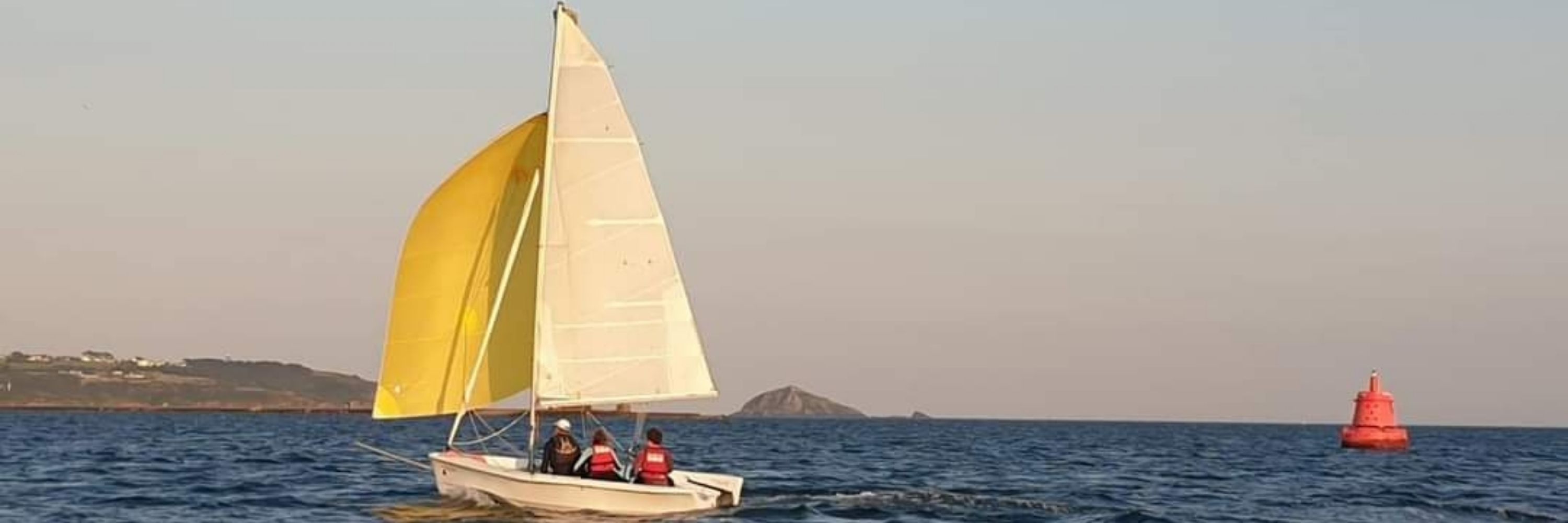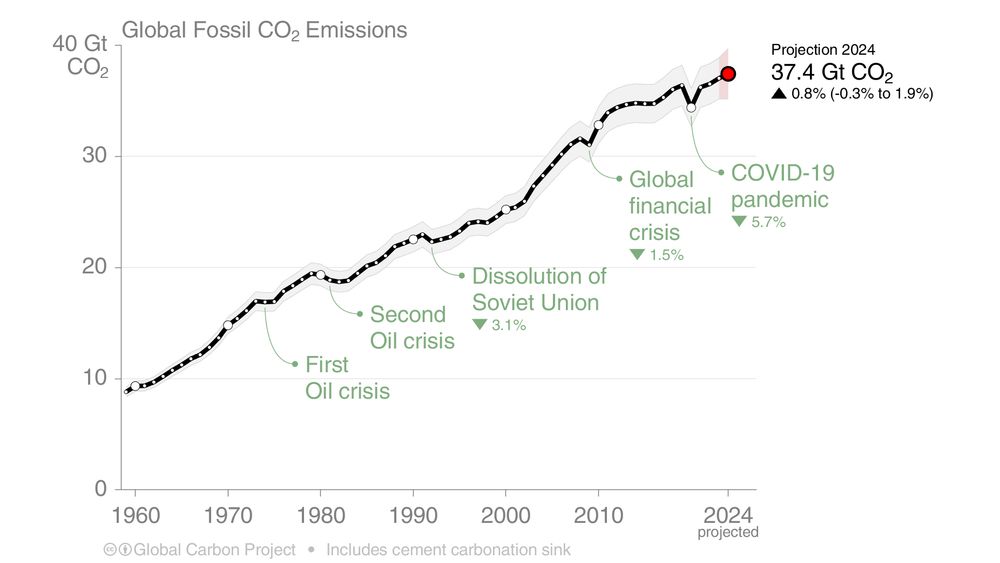
Interested in the terrestrial carbon cycle, working at the Met Office.
Reposted by Arthur Argles
www.nature.com/articles/s41...
Reposted by Arthur Argles

Reposted by Roland Séférian, Arthur Argles

Our new highlight unpacks what AR/BECCS can do — and where uncertainties bite (carbon stocks, permanence, local climate effects).
Full story → bit.ly/4qMYPEy
#CDR #ESM2025research
@euclimateaction.bsky.social
Reposted by Jens‐Christian Svenning, Ben Bond‐Lamberty, Arthur Argles

📖 nph.onlinelibrary.wiley.com/doi/10.1111/...
by Eckes-Shephard et al.
@WIleyPlantSci #PlantScience
Reposted by Arthur Argles

Reposted by Arthur Argles

Reposted by Arthur Argles
Reposted by Chris Smith, Arthur Argles

Lots of flexibility with questions and methods, so get in touch if interested! 🌳🍃💍🛰️📉
Reposted by Belinda E. Medlyn, Ian J. Wright, Arthur Argles


www.findaphd.com/phds/project...
There's lots of nuance over different regions and ecosystems.

Check it out here: nature.com/articles/s43...
Reposted by Arthur Argles

www.nature.com/articles/s43...

Despite some predicting a peak in global fossil CO2 emissions, we estimate growth of 0.8% [-0.3% to 1.9%] in 2024. Maybe a peak next year?
Is it all bad news, or can we find some good news?
essd.copernicus.org/preprints/es...
1/
Reposted by Arthur Argles

